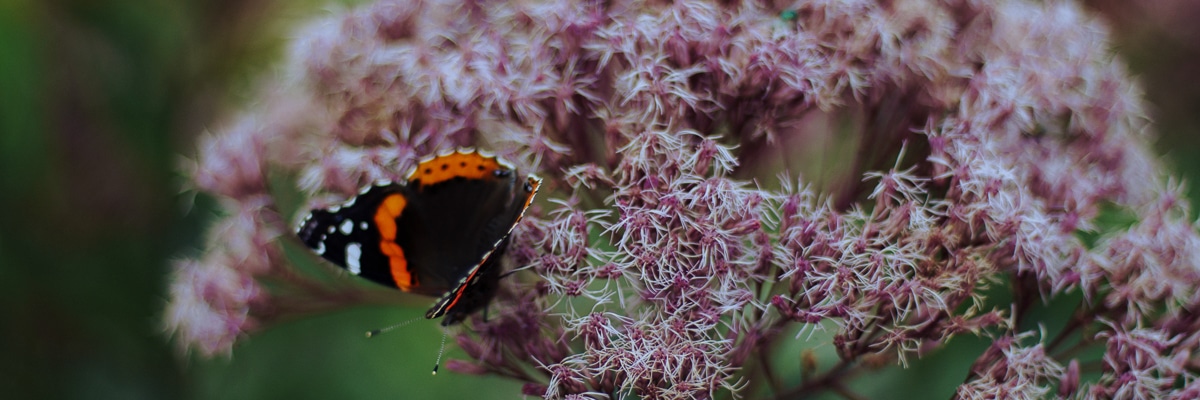
Earth Day
Theologian Tony Jones writes of the gifts available when we encounter God in “wild places”:
The God of wild places offers peace. In a modern world that’s frenetic and busy—always connected, always on—finding peace is getting more difficult… To receive the peace offered by the God of wild places, we’ll have to retrograde to old technologies: canoe and paddle; hiking boots and walking stick; bow and arrow and fishing pole. We also have to remember that the peace we long for is within, a spark of the divine that resides within each of us. To bring that spark to a flame can be done indoors, but I have a lot more luck when I’m outdoors—and the wilder the place the better.
The God of wild places honors place. When we visit and revisit the wild places that are special to us, experiences of transcendence are waiting for us there… I’ve sung a hymn to my most special place, a few acres of northern forest sitting on the edge of a lake. Caretaking that land is a joy and a privilege, and it’s become clear to me that doing so is part of my vocation, my calling from God. These trees and this creek are my congregation to pastor as a shepherd cares for sheep—they were torn asunder by a tornado, as was I; they have regrown in scarred beauty, as have I…. These days I’m zealous in maintaining these woods, guarding and protecting them, doing what I can to keep them healthy and safe, safeguarding their peace.
The God of wild places has given us companions. We may be hurtling through space … but we’re not alone. We are interdependent on a whole fabric of creation, woven together with beings sentient and non-sentient, animate and inanimate…. I’ve stopped looking up to the sky for help and instead lowered my eyes to the companions around me. My dogs have been my most sacred non-human companions. [My friend] Seth talks to plants. No matter the species with which we commune, the key is keeping the whole web in view—seeing the forest and the trees, for God’s love pulses through the web.
Jones describes how taking risks invites greater reliance on God:
The God of wild places requires risk. We’ve done everything we can to mitigate risk to ourselves, an admirable trait that has ensured the propagation of our species…. On a neurological level, adventure facilitates deep learning. On a spiritual level, high-risk situations strip us bare and make us vulnerable. When my ego recedes, there’s more room for God. Attaining the next level of success requires taking a chance: climbing a bigger mountain, hiking a more challenging trail, riding a bigger wave…. Modern life tends to inoculate us against these risks, but the God of wild places peels away that safety and brings us back in touch with who we’re meant to be.
Reference:
Tony Jones, The God of Wild Places: Rediscovering the Divine in the Untamed Outdoors (Lanham, MD: Rowman and Littlefield, 2024), 149–151.
Image credit and inspiration: Benjamin Yazza, Untitled (detail), New Mexico, 2023, photo, used with permission. Click here to enlarge image. Awe is as close as the way a butterfly alights on a flower in the yard outside.
Story from Our Community:
Many years ago, I needed serious surgery while working as an English teacher in China. I spent weeks recovering and I was alone except for one clergy member who left meals at my door. My mother, 87, called me each day from her retirement community. She always ended her call with one question: “Do you hear the birds?” At first, I softly laughed, and ignored her question. Finally, after one of our calls, I cracked the window open by my bed. And I was shocked to find—I could hear the birds singing brightly outside. I felt soothed and comforted by the sound. It even made me feel less alone. For those weeks of recovery, my mother and I ended our calls by affirming that we both heard the birds outside. Today, when my children are discouraged, I ask, “Do you hear the birds?” For our family, it has become a way of reminding ourselves that Nature’s healing presence is always just outside.
—Donnalee B.




